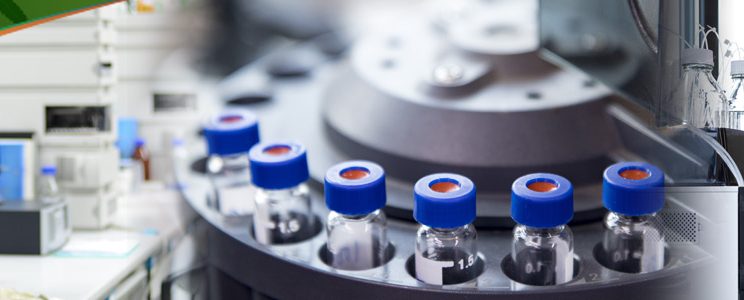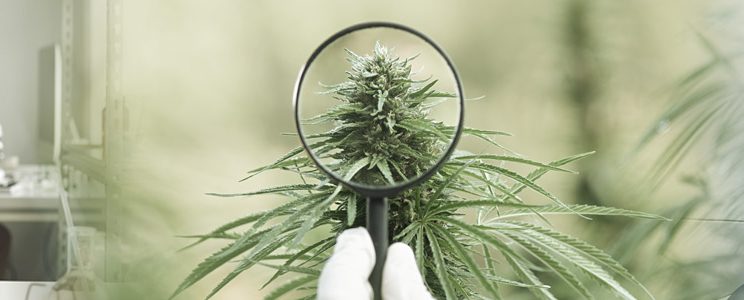← Back to Just Science Podcast
Original Release Date: June 13, 2019
In episode five of our 2019 NIJ R&D season, Just Science interviews Dr. Rebecca Wagner, a researcher at the Virginia Department of Forensic Sciences in Richmond, about a comparison of two validated LC/MS methods for the quantitative analysis of opioids, cocaine, and cocaine metabolites in biological matrices.
The state of Virginia is not immune to the current Opioids epidemic. Since 2012, the Virginia DFS has seen a 191% increase in the number of reported opioids results and a 1439% increase in the number of reported fentanyl results for death investigations. With these emerging drug trends on the rise, the DFS is searching for new ways to improve DUI and post-mortem toxicological screening. Listen in as Dr. Wagner discusses confirmation testing, sample conservation, and the development of new analytical methods in this episode of Just Science.
If you are interested in emerging drug topics, please visit forensicCOE.org to learn more about the upcoming NIJ Policy and Practice Forum being held in DC. The forum will build off the momentum of the widespread stakeholder meetings convened to discuss the drug threats and the consequences of this national epidemic on the public safety and health and the criminal justice response.
This episode of Just Science is funded by the National Institute of Justice’s Forensic Technology Center of Excellence [Award 2016-MU-BX-K110].
Related Resources
Guest Biography
Dr. Rebecca Wagner is employed by the Virginia Department of Forensic Science (VDFS) as a Research Analyst. Her duties include method development and validation, monitoring quality assurance/quality control, and technical training in the Toxicology, Controlled Substances, and Trace Evidence Section’s. She has played a pivotal role in the approach Virginia has taken in the estimation of uncertainty for measurements in toxicology and controlled substances. She is an affiliate member of the Organization of Scientific Area Committees and has co-chaired several workshops on uncertainty of measurement and method development for both regional and national forums. She is a member of the Society of Forensic Toxicology and routinely presents her research at the annual meeting. She received her Ph.D. in analytical chemistry from Duquesne University in Pittsburgh, Pennsylvania. She has been with VDFS since February of 2012.
The opinions, findings, and conclusions or recommendations expressed in this podcast episode are those of the presenter(s) and do not necessarily reflect those of the U.S. Department of Justice.
Contact us at ForensicCOE@rti.org with any questions and subscribe to our newsletter for notifications.




